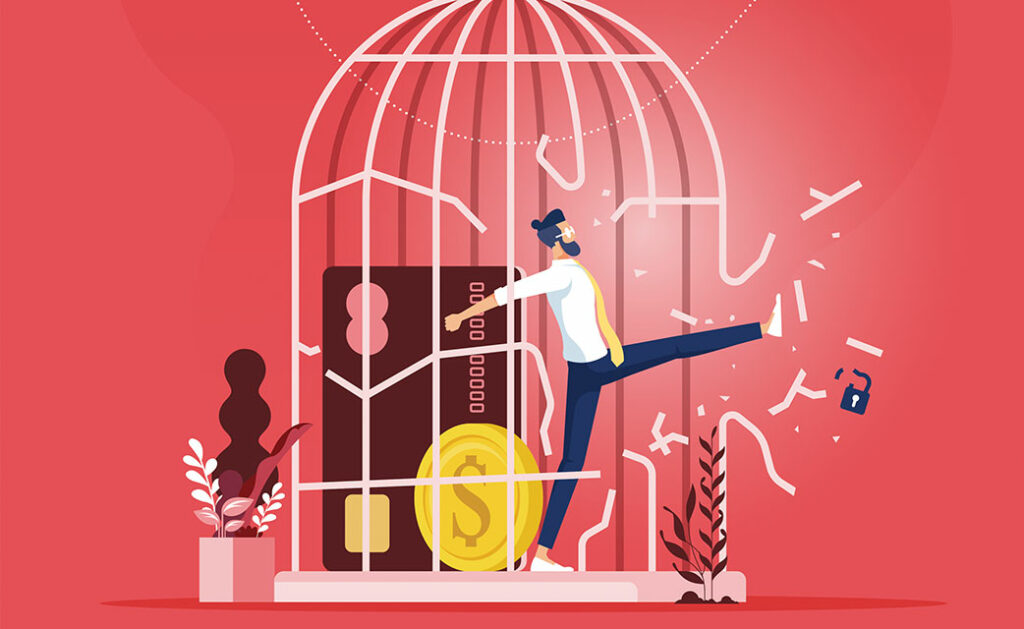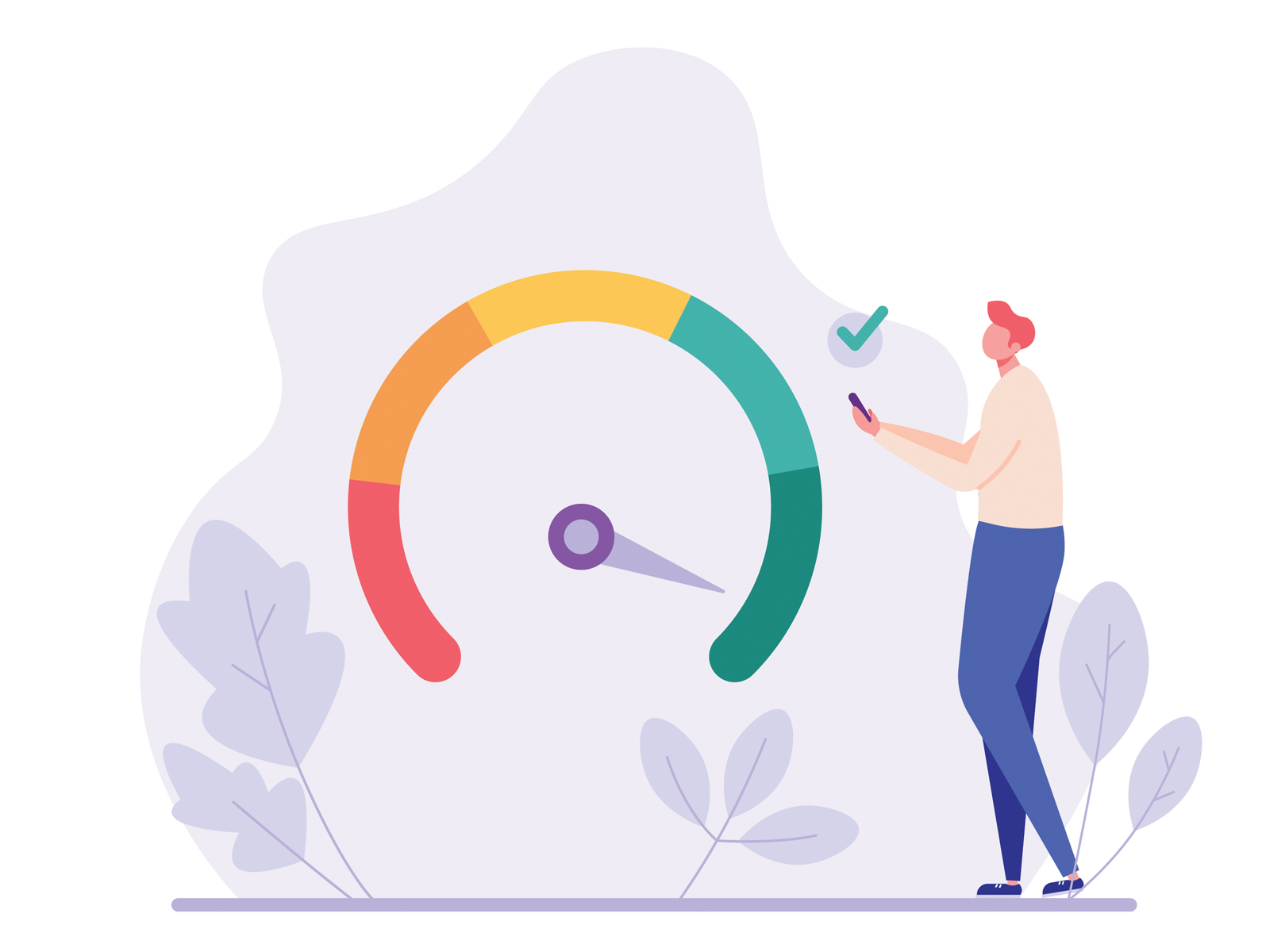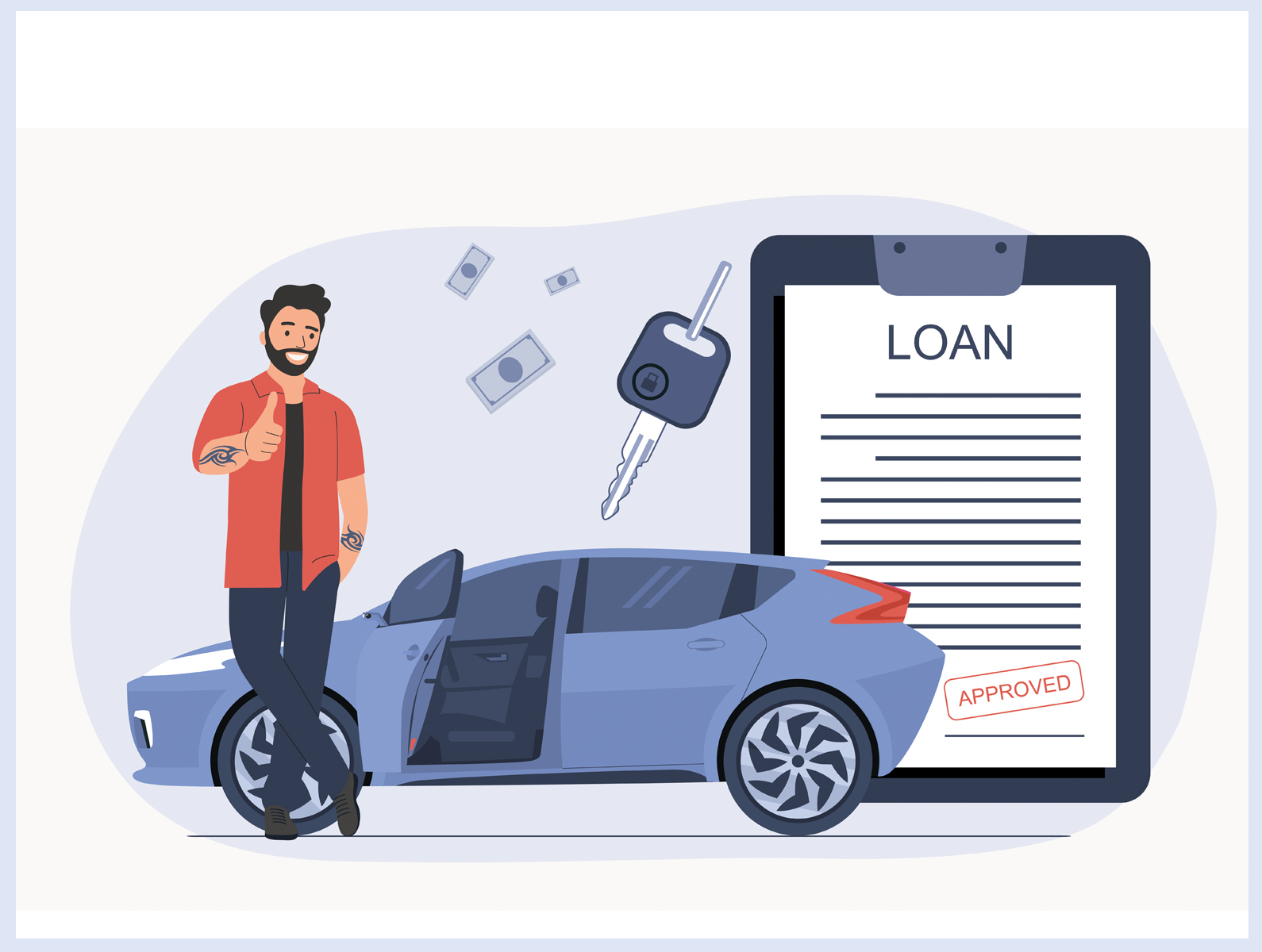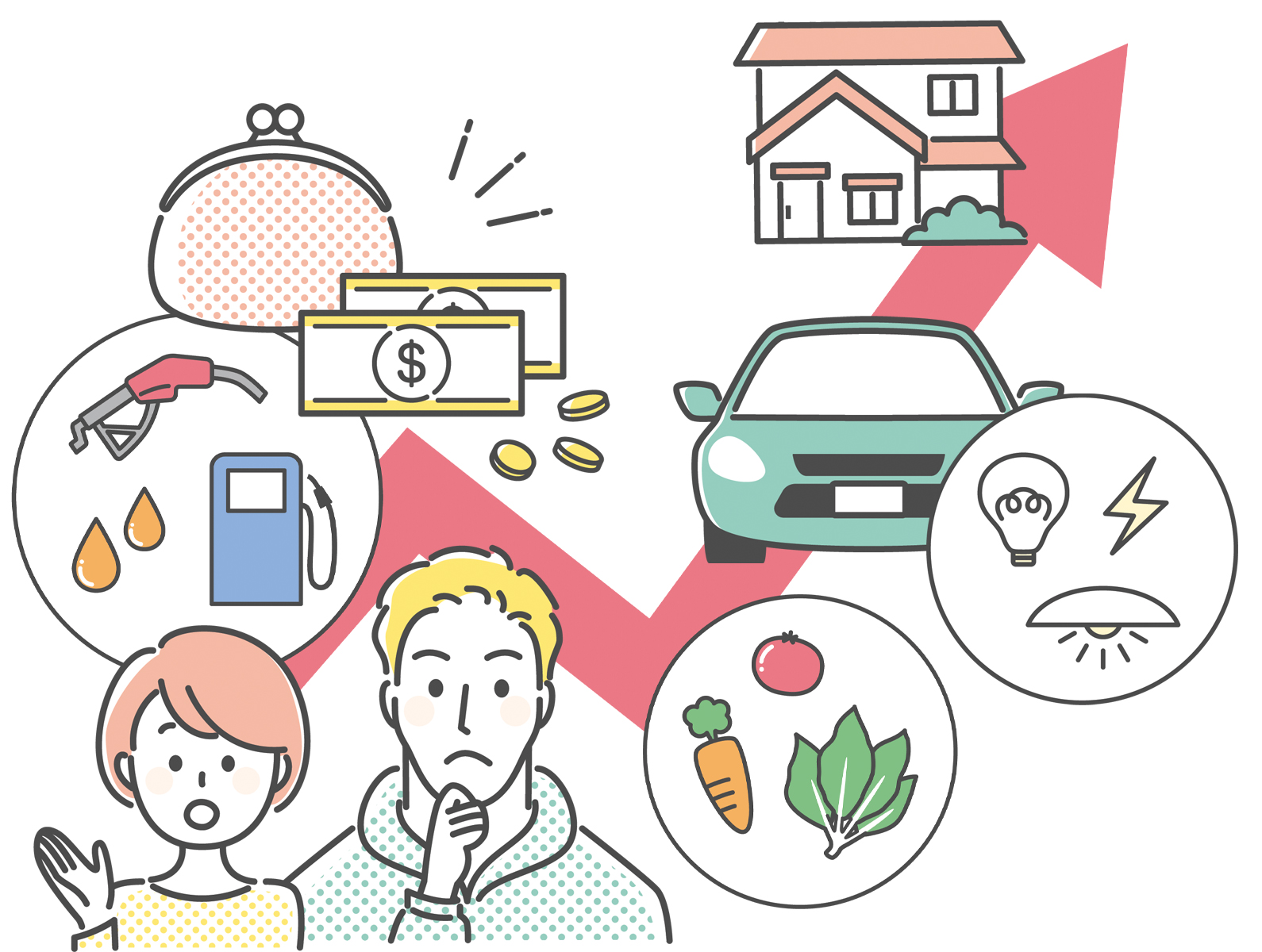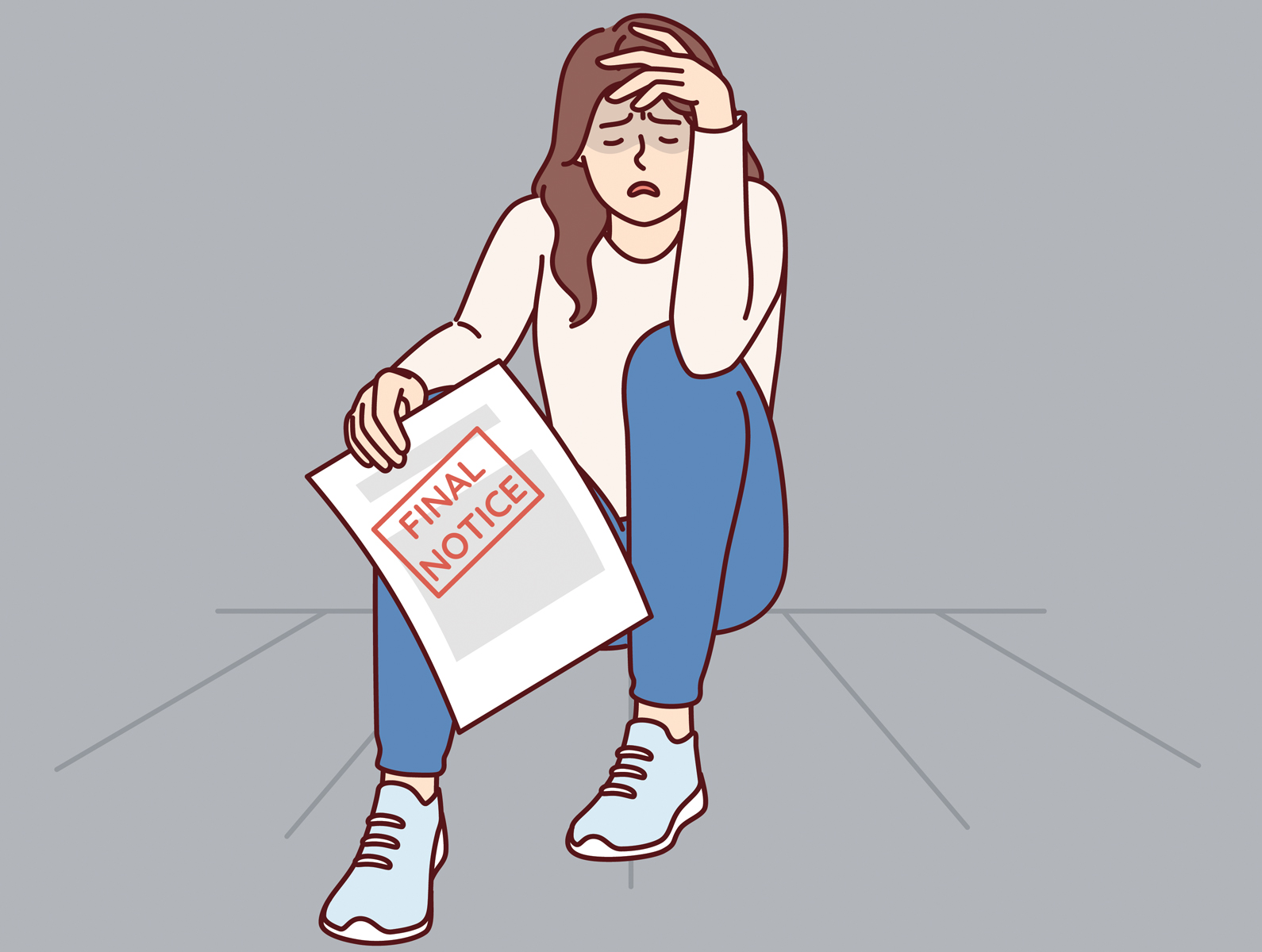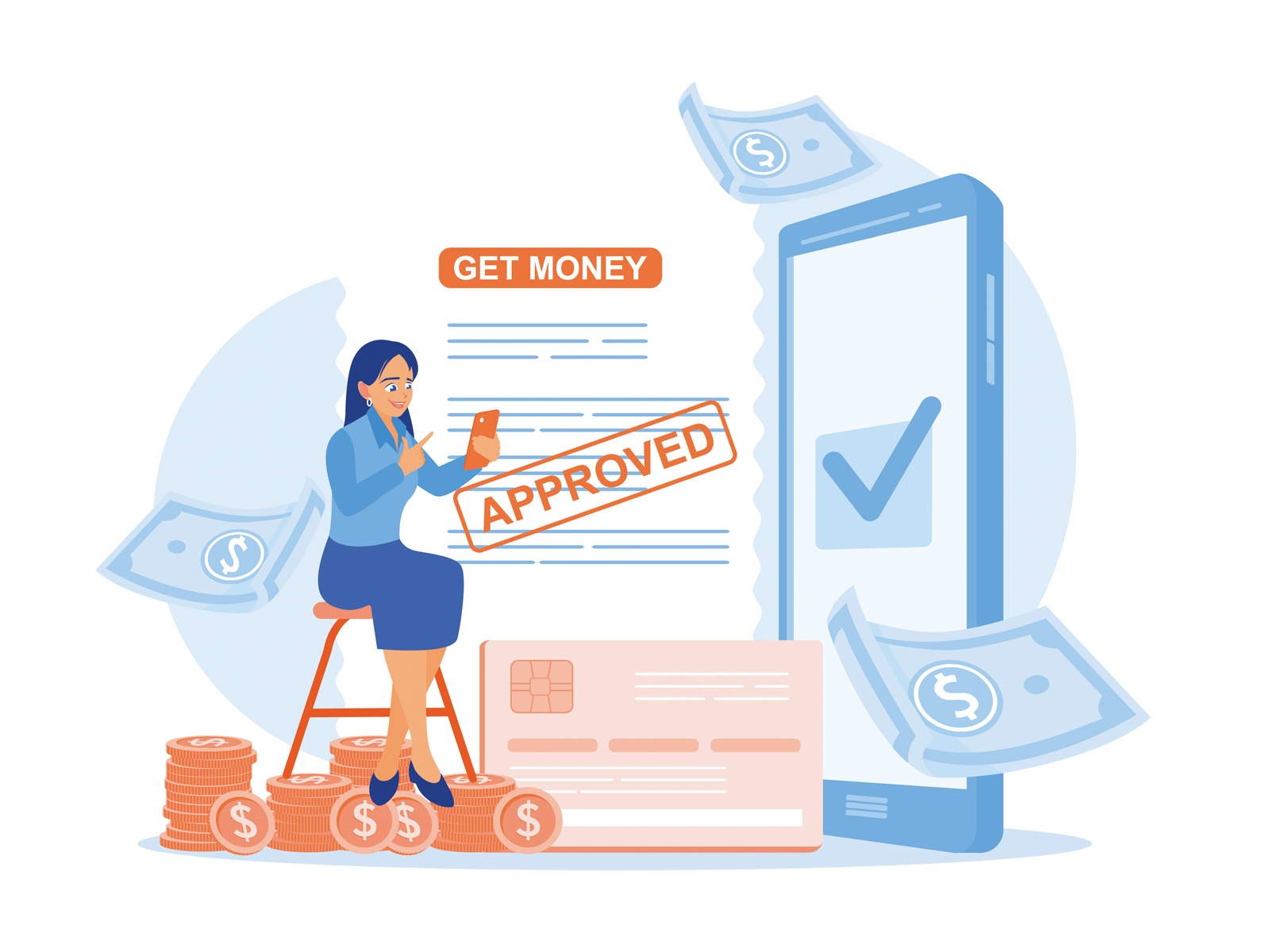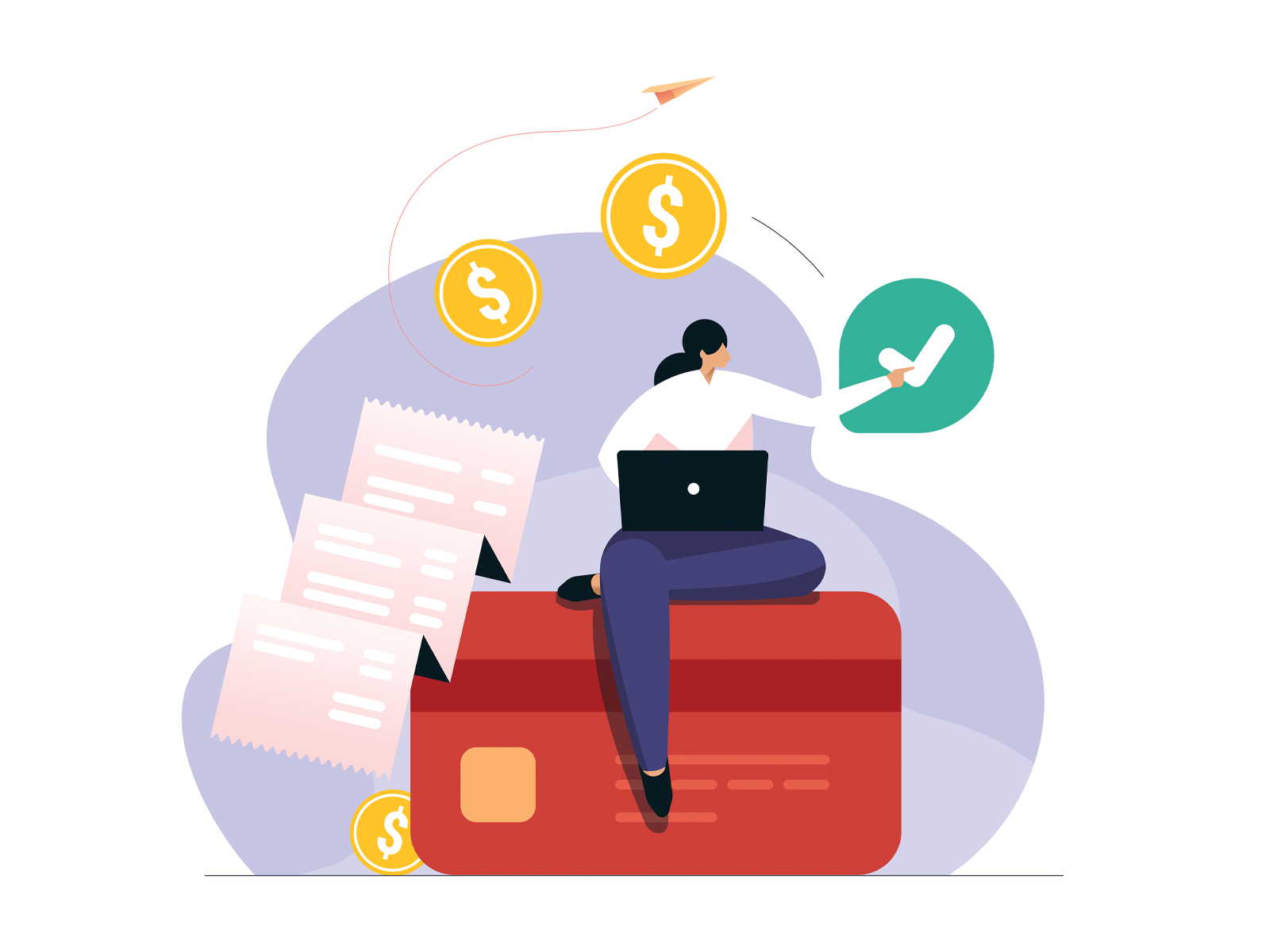A debt consolidation loan is an option for anyone with more than one loan. But can they actually help improve your finances over time? Learn how to determine if a debt consolidation loan is right for you, and how to maximize its benefits.
Here are some of the most common questions about debt consolidation loans answered by Murray Greig, Managing Director of Loansmart. Firstly, let’s start by understanding what a debt consolidation loan is.
What is a debt consolidation loan?
A debt consolidation loan is where a lender takes multiple sources of debt including credit cards and puts them all together in one loan.
What types of debts can be consolidated?
- Existing credit card debts
- Existing loans
- Cash loans
- Car repayments
- Buy-now-pay-later balances
- Overdue bills and fines
- Hire purchases
By having one single loan over a longer period, instead of multiple short term loans, you can make your loan repayments more affordable.
It can be very easy to miss a payment when you have multiple loans, credit cards, or repayments to manage. It can also be a nightmare to keep track of all the different interest rates and fees that vary from loan to loan.
A combined loan simplifies your finances and, when done well, sets you up for repayment success.
How to use a debt consolidation loan
Consolidated Loans can be great for managing debt, but to be successful they depend on three factors:
- Choosing a low-cost lender, so your interest rates and fees are reasonable
- Making sure your repayments are affordable, so you can meet your loan payments on time.
- Not incurring any more debt e.g. credit cards or afterpay purchases
If you follow these three principles, debt consolidation can simplify your finances and make debt repayment easier.
Are debt consolidation loans bad for your credit?
Some people believe that debt consolidation loans are bad for credit. In fact, they can actually boost your credit score. Here’s why –
- All your existing loans are repaid, which can help improve your credit score.
- Debt consolidation loans from a low-cost lender, with the emphasis on the lost-cost part, can make repayments more affordable. Having more affordable repayments allows you to meet your repayments on time each month.
- When you meet your payments on time, your credit score can actually improve!
Late payments on loans or bills can damage your credit score. You could be penalized for even a few days of lateness. Be sure your debt consolidation loan payments are affordable and timed to coincide with when you get paid.
Do debt consolidation loans give you money?
This is another commonly asked question. You can apply for some extra cash at the same time. At the end of the day, it all comes down to affordability.
If you can afford your repayments with the loan top up at the same time, then you’re more likely to get it approved.
Who qualifies for debt consolidation?
Anyone can apply for a debt consolidation loan but you need to be over the age of 18. Whether or not you are approved will depend on affordability.
By law, lenders are required to ensure that borrowers can comfortably afford their repayments.
Can I get a debt consolidation loan if I have a bad credit score?
Before making a decision about a loan, responsible lenders take the time to learn about your personal circumstances and current financial situation. It all comes down to affordability.
There’s a good chance you can get a debt consolidation loan if you can comfortably meet your repayments. To help make your repayments more affordable, you may need to spread your loan out over a longer period.
Is it better to get a debt consolidation loan?
- Are you currently paying off more than one loan?
- Are you struggling to meet your repayments?
- Are you overwhelmed by credit card debt?
- Do you find it hard to keep track of all your repayments?
- Would you like to pay off debts more affordably?
If you answered yes to any of these questions, then you may want to consider a debt consolidation loan from a reputable, low-cost lender.
The primary goal with debt consolidation is to make repayments easier, but the secondary goal – and this is what matters most – is to pay off the loan. Paying off your loan may mean you need to make some lifestyle changes. Especially if you’ve had to top up your loans often, as this could mean you’re living beyond your means.
What Is The Average Savings On A Debt Consolidation Loan?
An analysis of debt consolidation loans by New Zealand company Loansmart found the following:
- The average Debt Consolidation loan is $15,000, with the smallest being $2,000 and the largest being $100,000.
- Most people consolidate between 2 -5 loans, with the smallest being two and the largest being 12.
- The average amount saved on monthly repayments is around 40%.
What Is The Best Debt Consolidation Loan?
One from a low cost lender that makes your repayments more affordable. The interest rate of your debt consolidation loan should not exceed the average of your existing loans. Ideally, it should be less.
Also ensure your repayment period is affordable. Ensure you’re comfortable, but not too comfortable. Giving yourself enough wriggle room for savings (so that you won’t have to borrow any more money) while keeping your repayment amounts high enough to pay off your debt faster – that’s a perfect balance.
You can also use your savings to make additional repayments and pay your loan off even sooner! Debt consolidation loan calculators can give you an indication of what your repayments will be, but your actual repayments depend on your loan interest rate. Your interest rate is determined by your credit score, which leads to the next point.
Debt Consolidation Tips
Too many loan applications can negatively impact your credit score. You may be perceived as living beyond your means because of excessive loan applications. For this reason, you want to apply with a company that is fair, affordable, and highly regarded.
Additionally, it would be best if there was a good chance of them saying yes since a declined application will also affect your credit score. Look for social proof – what are other people saying about them? Independent third party websites like GMB are a great way to find out about a Loan Company.
Take time to read comments – how are they rated for helpfulness, communication, solutions, interest rates, loan costs? Make sure you’re applying to a low-cost provider. High-cost lenders charge more than 50% per annum, but often only advertise daily rates so they can be quite deceiving!
Instead of applying directly for an online loan, give the company a call first. Talk to them over the phone, and see what solutions they can provide before filling out an application. If you’re comfortable with their current interest rates, loan terms and fairly confident you’ll be accepted (pending a credit report and review of your bank statements first), then apply.
Do you know what your credit score is? If you don’t you should find out! Obtain a copy to see what’s inside. Some clients are surprised to find negative information on their report that shouldn’t be there. They are unaware of this until they apply for a loan and a lender tells them. Be sure to correct inaccurate information on your credit report, or you may be unfairly penalized.
Check out this article on why you should check your credit report. Along with knowing how to check it, you’ll also learn what to do if you find incorrect data.
Key Consolidation Loan Takeaways
A debt consolidation loan is where a lender takes multiple sources of debt including credit cards and puts them all together in one easy to manage loan. By having one single loan over a longer period, you can make your loan repayments more affordable.
If you have multiple loans, credit cards, or repayments to keep track of, it’s easy to miss a payment. It can also be a nightmare to keep track of all the different interest rates and fees that vary from loan to loan.
A combined loan simplifies your finances and ensures you’re set up for repayment success. Debt Consolidated Loans can be great for managing debt, but to be successful they depend on three factors:
- Choosing a low-cost lender, so your interest rates and fees are reasonable
- Make sure your repayments are affordable, so you can make your loan payments on time
- Not incurring any more debt e.g. credit cards or afterpay purchases.


